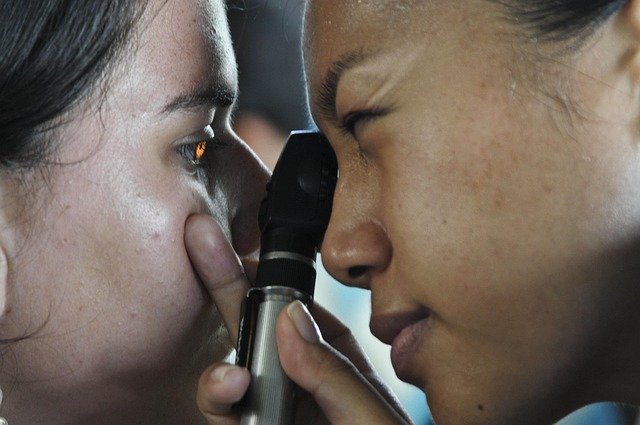Breaking Down the Science of Career Success: A Comprehensive Guide
In this ever-changing job market, achieving career success is no longer as simple as earning a degree and climbing the corporate ladder. Nowadays, it involves a complex blend of continuous learning, strategic planning, and practical adaptability. This article aims to delve into the science of career success, bringing clarity to the dynamic and multi-faceted journey of professional advancement.

The Paradigm Shift: A Historical Overview
Historically, career success was viewed as a linear progression—acquiring education, securing job stability, and achieving financial security. However, with the rise of globalization, technological advancements, and changing societal values, this traditional perspective has drastically shifted. Today, career success is often defined by personal fulfillment, continuous skill development, and career mobility. Understanding this shift is crucial for both job seekers and professionals in navigating the contemporary job market.
The New Job Market: Current Trends and Insights
The current job market is characterized by rapid changes and increased competition. Automation and digitalization have redefined many job roles, necessitating a higher degree of technological literacy and adaptability. Moreover, there’s a growing emphasis on soft skills like emotional intelligence, communication, and problem-solving. These trends underscore the importance of lifelong learning and personal development in achieving career success.
Strategies for Success: The Science of Career Advancement
Given these changes, how does one achieve career success in today’s job market? First, it’s essential to cultivate a growth mindset. This psychological concept, developed by Stanford psychologist Carol Dweck, suggests that individuals who believe they can develop their abilities through hard work and dedication are more likely to succeed.
Second, strategic career planning is crucial. This involves setting clear career goals, identifying necessary skills and experiences, and creating a plan to achieve them. Research shows that individuals who engage in career planning are more likely to experience career satisfaction and success.
Third, adaptability is key. With the pace of change in the job market, professionals need to remain open to learning new skills, adapting to new environments, and making career transitions when necessary.
The Balance of Depth and Accessibility
While the science of career success can be complex, it’s important to remember that it’s also accessible to everyone. Regardless of one’s background or current career status, everyone has the potential to achieve career success with the right mindset, strategies, and adaptability.
Concluding Thoughts: Embracing the Science of Career Success
The science of career success isn’t a one-size-fits-all formula—it’s a dynamic process that requires continuous learning, strategic planning, and adaptability. By understanding the historical context and current trends, and by applying practical strategies, individuals can navigate the job market with confidence and achieve their career goals. As we move forward in this rapidly evolving job landscape, embracing the science of career success will be more important than ever.




